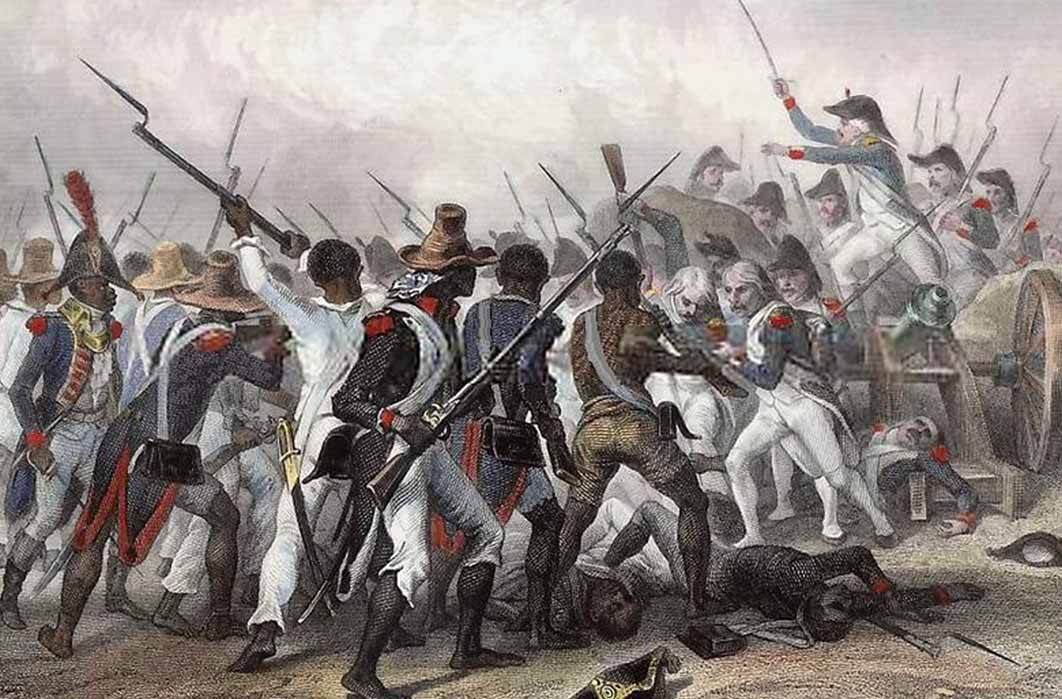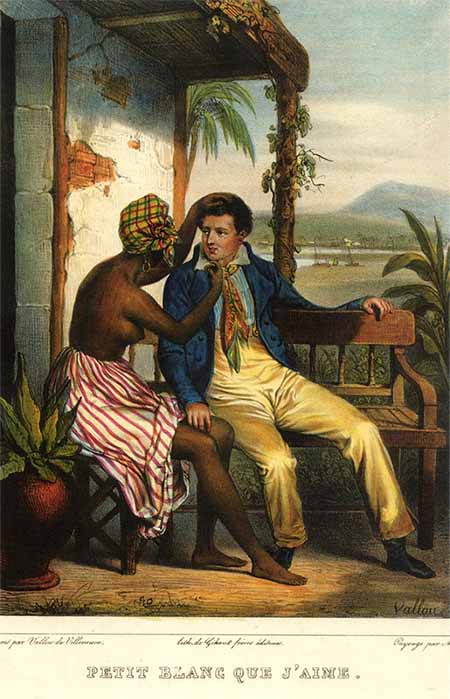
Polish Legionnaires Fighting Along The Affranchi For The Black Independent Nation Of Haiti
The Haitian Revolution of 1791 to 1804 is commonly remembered as the most successful slave revolution of all time, resulting in the establishment of the first black nation of independence in the West Indies. However, less known is the crucial role that Polish legionnaires, originally brought across the Atlantic by Napoleon, played in the banishment of the French presence from an island regarded contemporaneously as the Pearl of the Antilles. This is the incredible story of one of the most unlikely partnerships of the colonial era, and of two completely different nations who found unity despite the enormous distance, cultural gaps, and linguistic gulfs that separated them.

The caption reads "the petit blanc whom I love." Intermarriage between Africans and Europeans created a multiracial Creole population in Saint-Domingue. (Julien Vallou de Villeneuve/CC BY-SA 4.0)
French Saint Domingue and the Rise of the Affranchi
In 1503 the first recorded African slaves set foot in Haiti following its discovery by Christopher Columbus in December 1492. After a period of Spanish rule, by 1659 the French had firmly entrenched themselves as masters of the north-western region of the island of Hispaniola, which Haiti shares presently with the Dominican Republic, with the foundation of a major settlement called La Cap, which was to serve as the capital of French Saint Domingue.





